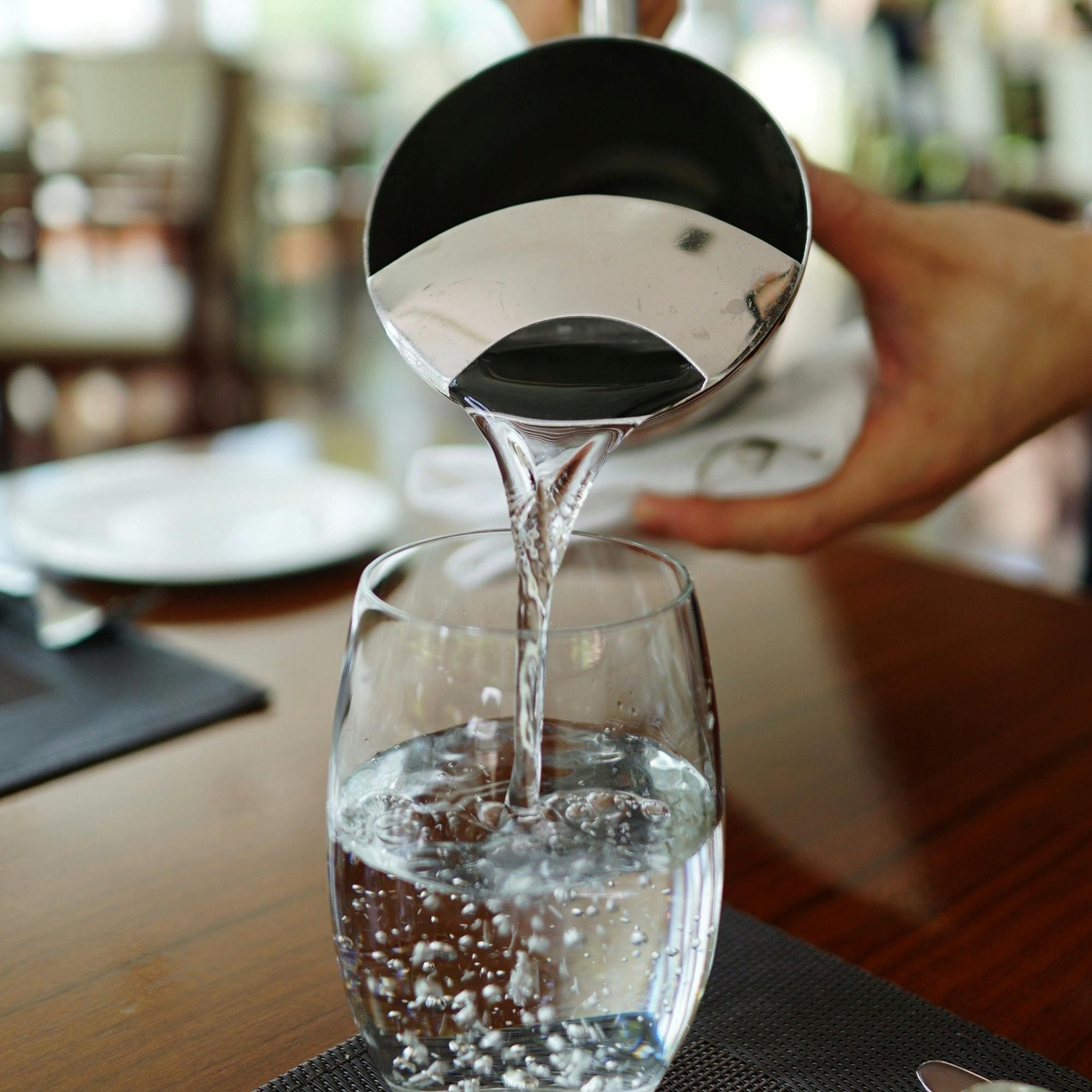Your Guide to Choosing the Best Water for Your Coffee
Best Water for Coffee: Your Guide to the Perfect Cup
Apart from the coffee beans themselves, water is the most crucial ingredient in any espresso shot or cup of coffee. In this guide, we’ll explore how water affects the taste of coffee and identify the best types of water to use, ensuring you can consistently brew great coffee every time.
Water is essential for brewing coffee, second only to the beans themselves. However, different types of water can significantly impact both the extraction process and the flavor of your coffee. You might have wondered why the coffee you make at home doesn’t quite match what you get at a cafe, even when using the same roast - your water could be the reason.
In this guide, we’ll explore how water influences coffee taste and identify the best type of water to use, helping you brew consistently great coffee every time.
How does coffee impact the taste of water?
How Does Water Impact the Taste of Coffee?
To understand how water impacts the taste of coffee, it’s essential to know what’s typically found in water. Most tap water across the country contains varying degrees of minerals added during treatment. Common minerals include calcium, magnesium, and potassium. These minerals are not harmful; in fact, they generally improve the taste of water.
The ratio of minerals in water determines whether it is considered “hard” or “soft”. Hard water has a higher mineral content than soft water, and minerals can enhance the flavor of coffee during brewing, but a mineral content that’s too high or too low can negatively affect the taste. Additionally, hard water can cause mineral buildup over time, which can impact the performance of your espresso machine.
Types of Water
There are many types of water out there and not all are created equal when it comes to brewing coffee.
Distilled Water
Distilled water is produced by boiling water until it vaporizes and then condensing the steam back into liquid form, effectively removing impurities and minerals. While distilled water is safe to drink and can be used to make coffee, it’s not as flavorful as tap water due to the absence of minerals. Additionally, distilled water can leach minerals from anything it contacts, including your coffee brewing equipment, which may affect both the taste of your coffee and the longevity of your equipment.
We don’t recommend using distilled water to brew coffee or espresso.
Purified Water
Purified water undergoes filtration to make it safe to drink. Most municipal water suppliers purify drinking water before distribution, but you can enhance this further by using filter pitchers. Filtering tap water removes excess calcium that causes buildup, as well as compounds that affect the taste.
Alkaline Water
Alkaline water has a higher pH level than regular water, typically around 8-9 pH compared to a neutral 7 pH. It contains magnesium and calcium, along with alkaline minerals and a negative oxidation-reduction potential (ORP) that acts as an antioxidant.
Now that you know about the different types of filtered water, let’s explore the best water for your coffee and espresso.
The Best Water for Brewing Coffee
Purified water is one of the best options for drinking and brewing coffee. By filtering out contaminants and excess minerals, you’ll have flavorful water that minimizes buildup in your equipment. It’s also very convenient, as most water filter pitchers are affordable and easily stored in your fridge.
Alkaline water is also excellent for brewing coffee. Its higher alkalinity enhances flavor and neutralizes bitterness, helping you brew a delicious cup. Alkaline water pitchers are readily available and can be conveniently kept in your fridge.
Avoid using distilled or reverse (RO) water, as these types can leach minerals from your brewing equipment
The Best Water for Espresso
Soft, filtered tap water and filtered alkaline water are also ideal for use in espresso machines. Unfiltered hard water can lead to buildup in the machine’s pipes, affecting coffee taste and potentially causing breakdowns.
While distilled or reverse osmosis water might seem pure, they can actually be damaging to your machine. Water’s strong solvent properties can leach minerals from pipes and cause corrosion.
For at-home espresso machines with water reservoirs, using filtered tap water is easy. However, commercial machines connected to water lines should have an alkaline filter to reduce mineral content and maintain optimal performance.

